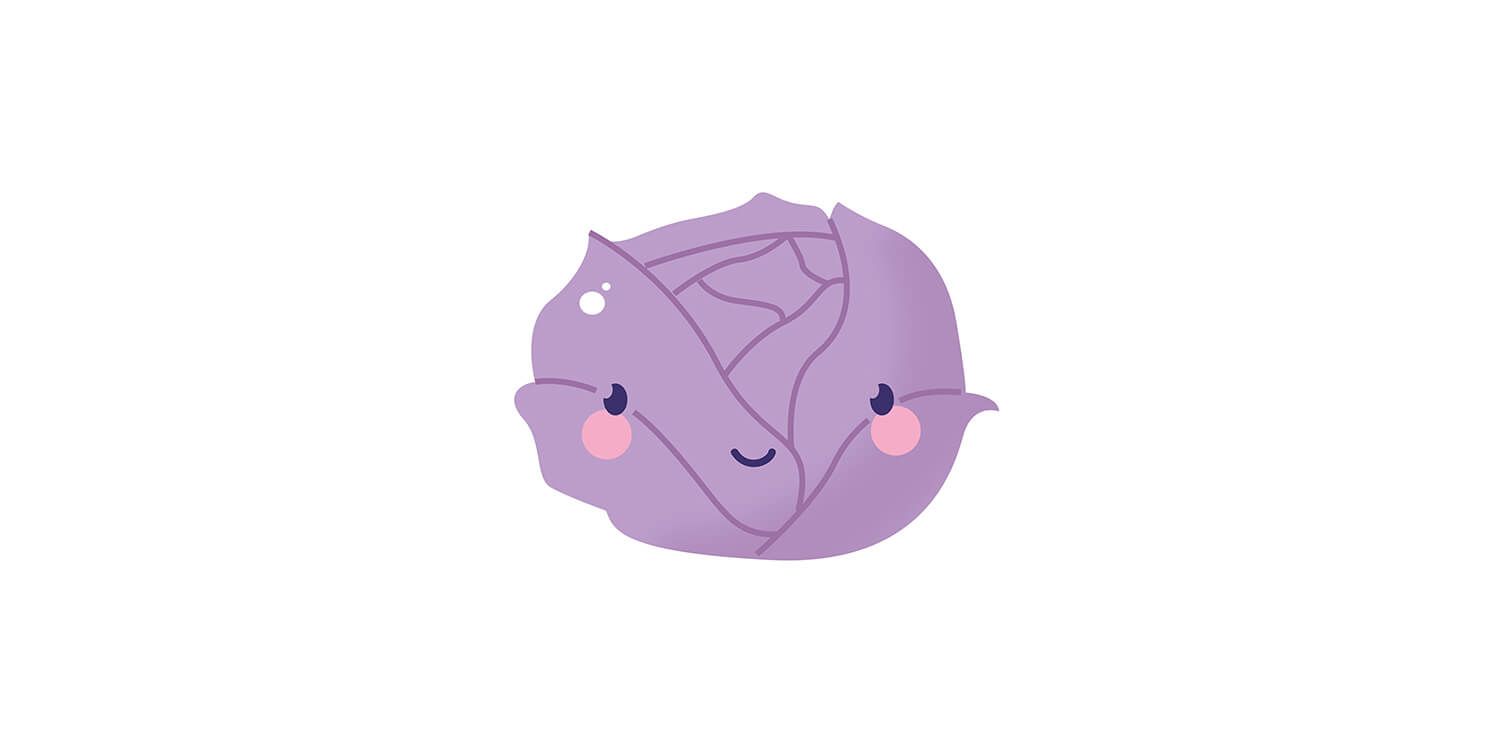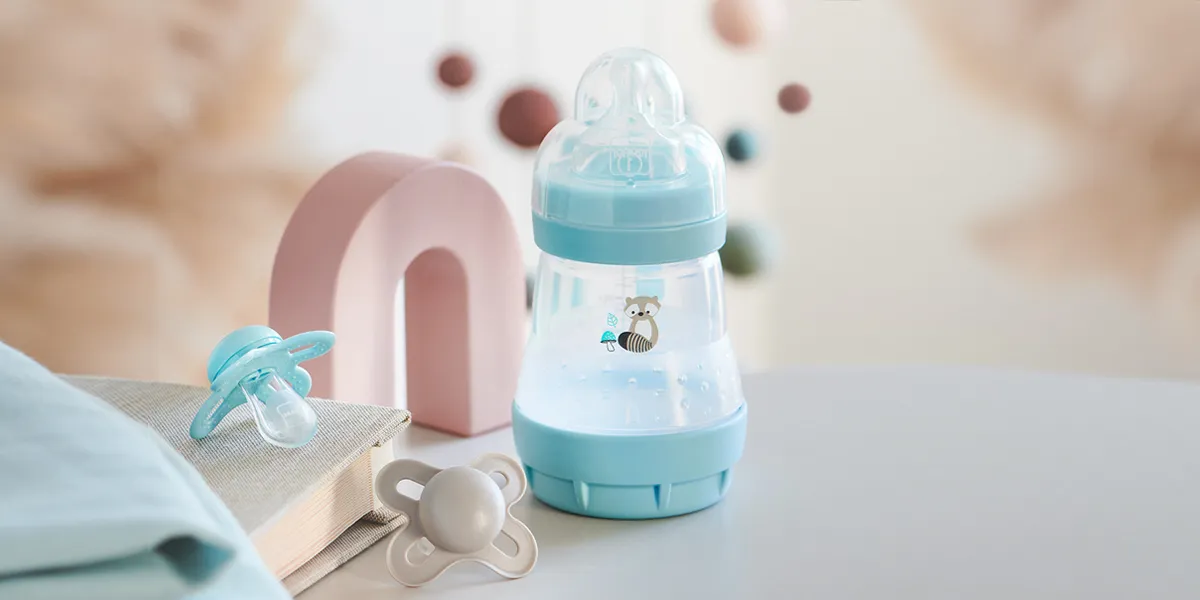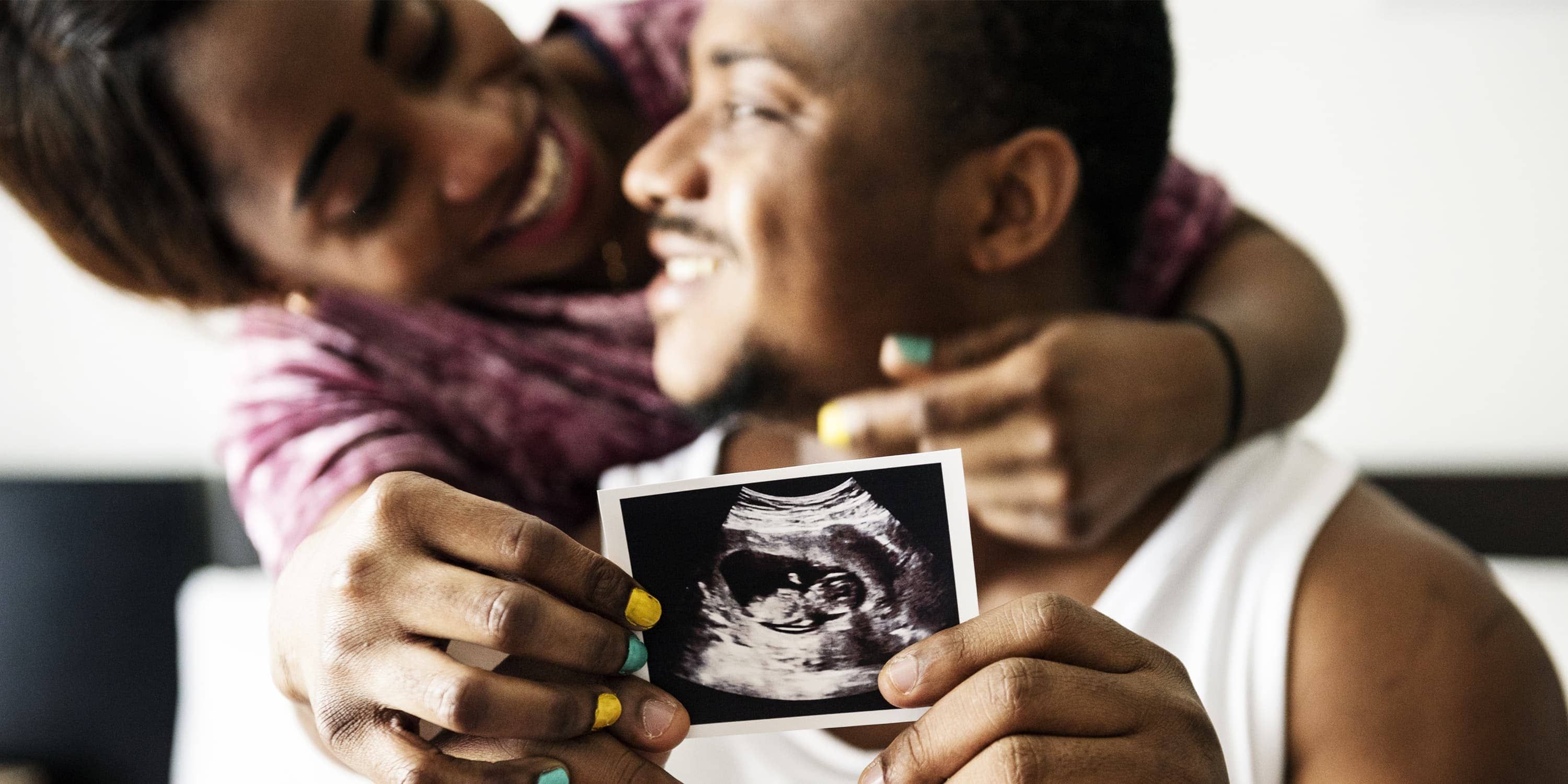Welcome to the third trimester – or is it? Calculating the weeks and months of a pregnancy is complicated. Ultimately a pregnancy does not take nine but rather ten months, and the methods for calculating the trimesters can vary. Sometimes we talk about the 28th pregnancy week as signaling the third trimester, and other times it’s the 25th/26th week of pregnancy. Regardless, welcome to week 26 of your pregnancy. We hope you enjoy reading all about it!
What's Going On in Your Belly at 26 Weeks Pregnant?
The fetus is around 12-15 inches long (crown to heel) and weighs approx. 2 lbs! The feet are roughly 2 inches in length.
The space inside the womb is slowly becoming tighter. The fetus often bumps against the wall of the uterus as it turns and stretches – these are good exercises for the fetus, because they teach it how to control its movements and gain a better perception of its body.
Your baby is now about the size of a red cabbage.

If it is too bright or too loud outside the womb, your baby will react – it startles, kicks, turns away, or blinks. Apart from the usual physical exercises such as grasping, sucking, and "breathing" (amniotic fluid is absorbed in the lungs and the chest moves), the organs are now fully developing. The lungs take the most time to mature. Every week, many new alveoli and blood vessels are created, although development is only completed shortly before birth.
The lungs and breathing are therefore always a major problem in premature babies. Thanks to the medical interventions available today, the chances of survival in the 26th week are – theoretically at least – actually quite good; the heavier the birth weight, the better the prospects.
What chances of survival do preemies have nowadays?
But the great news is that from the 28th week of pregnancy, the chances of survival are already more than 90%. So it's just a matter of coaxing your little one to stay put for a while and minimizing any risks. These include stress, alcohol, and nicotine. However, bacterial vaginal infections can also trigger premature birth – so if you want to be absolutely sure, avoid public baths and swimming pools for a few more weeks.
How Do You Feel at 26 Weeks Pregnant?
The growing uterus is putting increasing pressure on the bladder, so it is not unusual for you to have to visit the bathroom more often.
Back pain can also become more severe, because pregnant women have a different center of gravity as their circumference increases and they tend to arch their back. A woman's spine and hips are more elastic and robust than a man's in order to ensure they can withstand this strain (more or less) painlessly and without lasting damage.
Lying on your side with a cushion between your knees can help to relieve your back pain in bed at night. You could buy yourself a breastfeeding pillow and use it as a support while sleeping – the pillow will also prove to be very useful once your baby arrives.
You may find that lying on your back is uncomfortable and even causes circulation problems. This is because the weight of the uterus or baby presses on an important vein when lying on your back: The caval vein (vena cava). It transports the blood from the lower body back up to the heart – if it is pinched, this can lead to problems with blood pressure, dizziness, or palpitations (also known as vena cava compression syndrome).
Therefore, grab yourself a breastfeeding pillow or side sleeper pillow and cuddle comfortably to sleep with your baby bump!
Photo Credit: Unsplash
Sources: Your Pregnancy Week by Week, Prof. Lesley Regan, DK Limited, London, 2019, pp. 199
Pregnancy Week 25
The Seventh Month of Pregnancy Begins
Pregnancy Week 27
Initial Provisions for Your Baby
The second trimester: into a rhythm – living with your pregnancy
with MAM-expert Dr. Tony (Tao) Duan




























